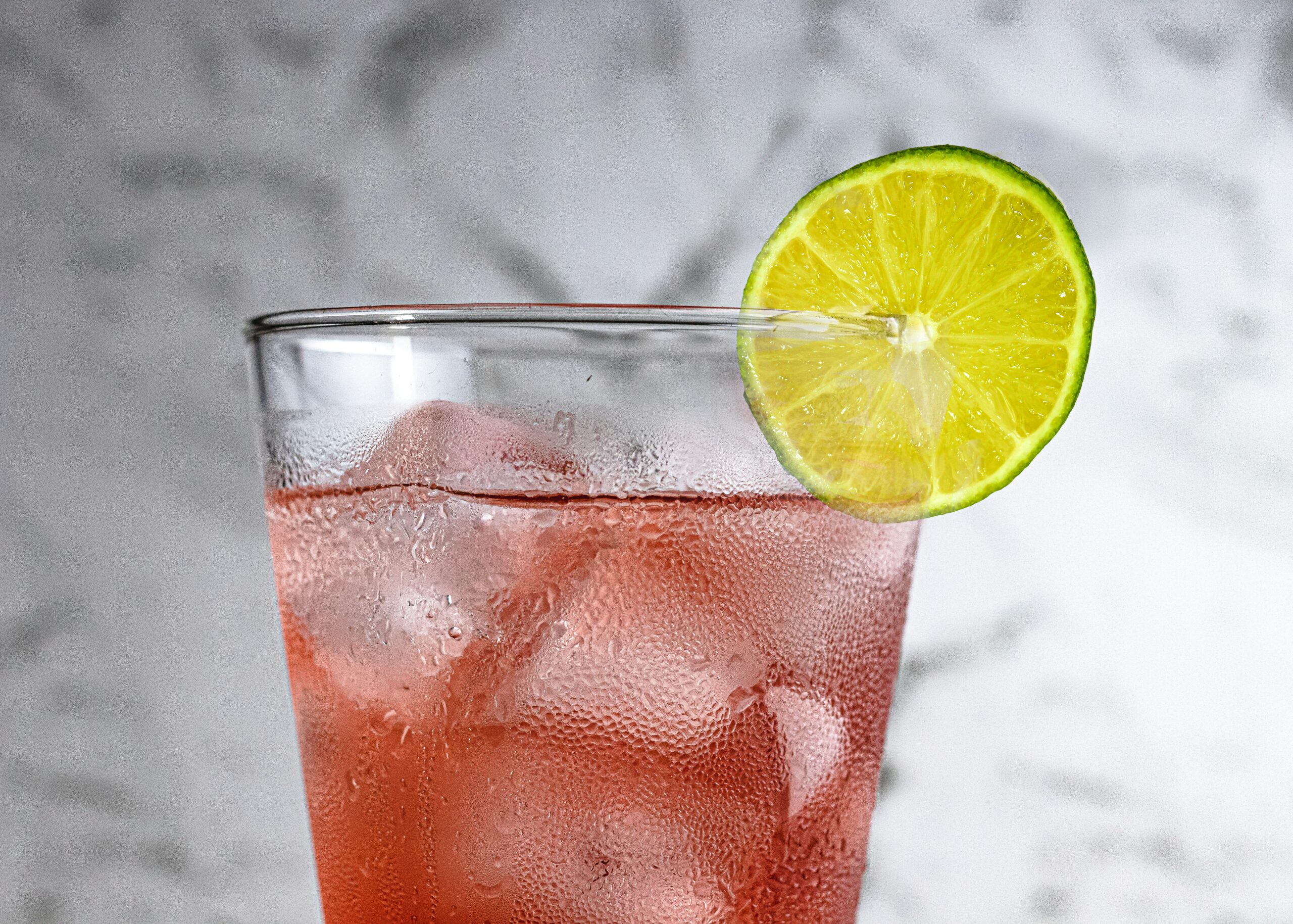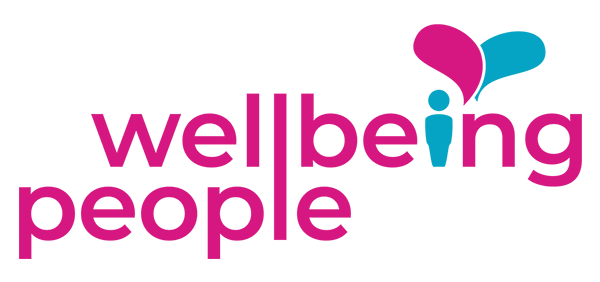Dry January is an excellent opportunity to reset your relationship with alcohol, prioritise your health, and embrace a fresh start to the year. Whether you're cutting back for physical benefits, mental clarity, or just a challenge, here are the pros and cons to consider, and some great tips to help you have a successful Dry January!
planning for A successful dry january
Most will be familiar with the concept of Dry January, a month-long commitment to abstain from alcohol. Perhaps you’ve tried it in the past, or plan to give it a go this January. For many, giving up alcohol for January is a reset and a way to take a break and recover following what might have been a month of overindulging both food and drink. It might be a helpful way to take back control of your drinking habits. For many, it can be a much-needed wakeup call that leads to a reduction in consumption overall way beyond January.
Studies have shown that participants drinking at harmful levels before Dry Jan, still drank less 6-8 month later.
Overall, Dry January tends to prompt people to think about not just how much they drink but what their relationship with alcohol is. For example, if you often drink to relax, it might get people thinking about alternative ways to relax rather than relying on alcohol.
top tips for a successful dry january
- Be clear on your WHY. Start with a clear intention. Whether it's to save money, improve sleep, or boost your energy, knowing your "why" will keep you motivated when temptation arises. Write it down or share it with a friend for extra accountability.
- Plan for triggers: Identify situations where you might feel tempted to drink, like social gatherings or stressful days. Prepare alternatives, such as non-alcoholic drinks, or rehearse how you'll say no politely.
- Don’t go at it alone. Get friends and family to join you so you can support each other. Online communities and apps dedicated to Dry January can also provide encouragement and accountability.
- Assess your drinking habits and how it makes you feel. Replace drinking with healthy habits like exercise, meditation, or picking up a new hobby. These positive changes can help distract you from cravings and contribute to your overall wellbeing.
- Look to the future. Towards the end of the month, reflect on how you feel and how you would like to move forward. Is there anything you would like to change about your drinking habits in the long term?
The Pros and Cons of Doing Dry January
Taking part in Dry January can be a transformative experience, but like any lifestyle change, it comes with both benefits and challenges.
Understanding the pros and cons can help you decide if it’s the right choice for you.

the benefits
Improved Physical Health:
- Better Sleep: Alcohol disrupts sleep patterns. Many people find their sleep quality improves dramatically when abstaining from alcohol.
- Increased Energy: Without the draining effects of alcohol, you may feel more energetic and productive.
- Weight Loss: Cutting out alcohol eliminates empty calories and can support weight loss goals.
- Better Liver Function: A break from alcohol allows your liver to recover and function more effectively.
Mental Clarity and Emotional Balance
- Enhanced Mood: Alcohol can contribute to feelings of anxiety or depression. A break often leads to improved mental health.
- Sharper Focus: Many participants report greater clarity and concentration.
Financial Savings
- Alcohol can be expensive, and a month off can help you save money for other priorities.
Stronger Habits and Discipline
- Empowerment: Successfully completing Dry January boosts confidence in your ability to set and achieve goals.
- Healthier Choices: This challenge often inspires lasting changes, like reduced alcohol consumption or new wellness habits.
Social Awareness
- Perspective Shift: Dry January offers a chance to evaluate your relationship with alcohol and its role in your life.
- Encourages Conversations: It can open the door to meaningful discussions about health and well-being with friends and family.
Some of the potential drawbacks to consider:
Social Challenges:
- Peer Pressure: Social situations involving alcohol may feel awkward or isolating.
- Limited Options: Non-alcoholic alternatives might not always be available or appealing.
Cravings and Habits:
- Breaking Routine: If you’re used to unwinding with a drink, finding alternatives can be tough.
- Cravings: You might experience strong urges, especially in the first week.
Emotional Discomfort: If you use alcohol to manage stress or emotions, Dry January can feel emotionally challenging until you find healthier coping methods.
Potential Overindulgence Afterwards: Some people may view Dry January as a “reset,” leading to binge drinking in February, which can undo some of the benefits.
Short-Term Focus: While Dry January is a great start, it’s only one month. Without a plan to maintain healthier habits, the benefits can fade quickly.
Overcoming the drawbacks
While Dry January offers an excellent opportunity to reset your relationship with alcohol, some may find the lack of social connection or the challenge of staying committed daunting. To overcome these drawbacks, focus on replacing drinking with other enjoyable activities that promote connection and wellness, such as group exercise classes, coffee catch-ups, or creative hobbies. Setting realistic goals, celebrating small milestones, and involving friends or family in your challenge can also keep you motivated. If temptation arises, remind yourself of the positive impact on your health and wellbeing, reinforcing your commitment to lasting positive change.
Ready to make lasting changes for a healthier lifestyle?
Explore how Wellbeing People can support you changing your habits and building positive ones that last!
Having a successful dry january requires preparation
Having a successful Dry January offers significant benefits, from better health and financial savings to increased self-awareness and discipline. However, it also requires preparation and determination to navigate the social and emotional challenges that come with a change in routine.
Ultimately, whether Dry January is right for you depends on your goals and how you approach it. With the right mindset, it can be a powerful catalyst for long-term positive change!
References and further reading
https://www.nhs.uk/better-health/drink-less/
https://alcoholchange.org.uk/help-and-support/managing-your-drinking/dry-january
You may also be interested in...
